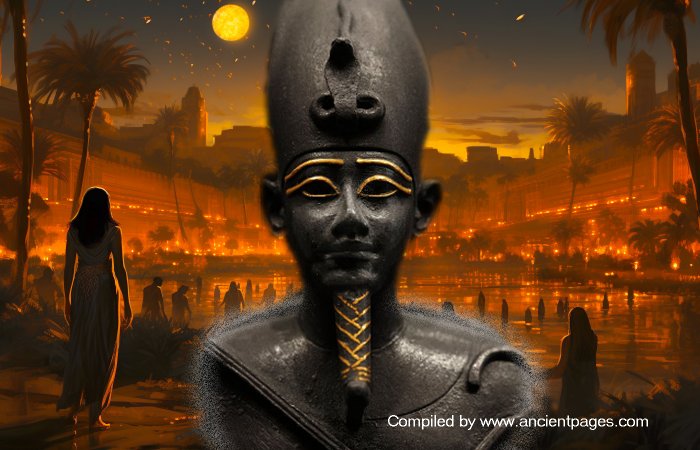Ellen Lloyd – AncientPages.com – The ancient Egyptians held a deeply intricate and intriguing perspective on life after death. They did not perceive death as a final stop but as a gateway to another realm, a different kind of reality.
Given their immense amount of time and energy in preparing for this next phase, it is interesting to ponder their ideal version of paradise and where they believed their souls would journey. It is also crucial to note that not everyone was granted access to the Egyptian paradise.
Aaru (sekhet-aaru) was the Egyptian paradise. Credit: AncientPages.com
The arrangements for the afterlife depended on a person’s social status and wealth. The magnificent ancient Egyptian tombs, excavated by archaeologists and admired by tourists, were the property of the societal elite. Only a small fraction of individuals within ancient Egyptian society possessed the financial means to be interred in lavishly adorned tombs filled with valuable burial artifacts. While funerary customs evolved, the significance attributed to the physical body and its preservation has its roots in Egypt’s Predynastic period (c. 6000 – 3150 B.C.).
Source: AncientPages.com – Read the rest of the article here







